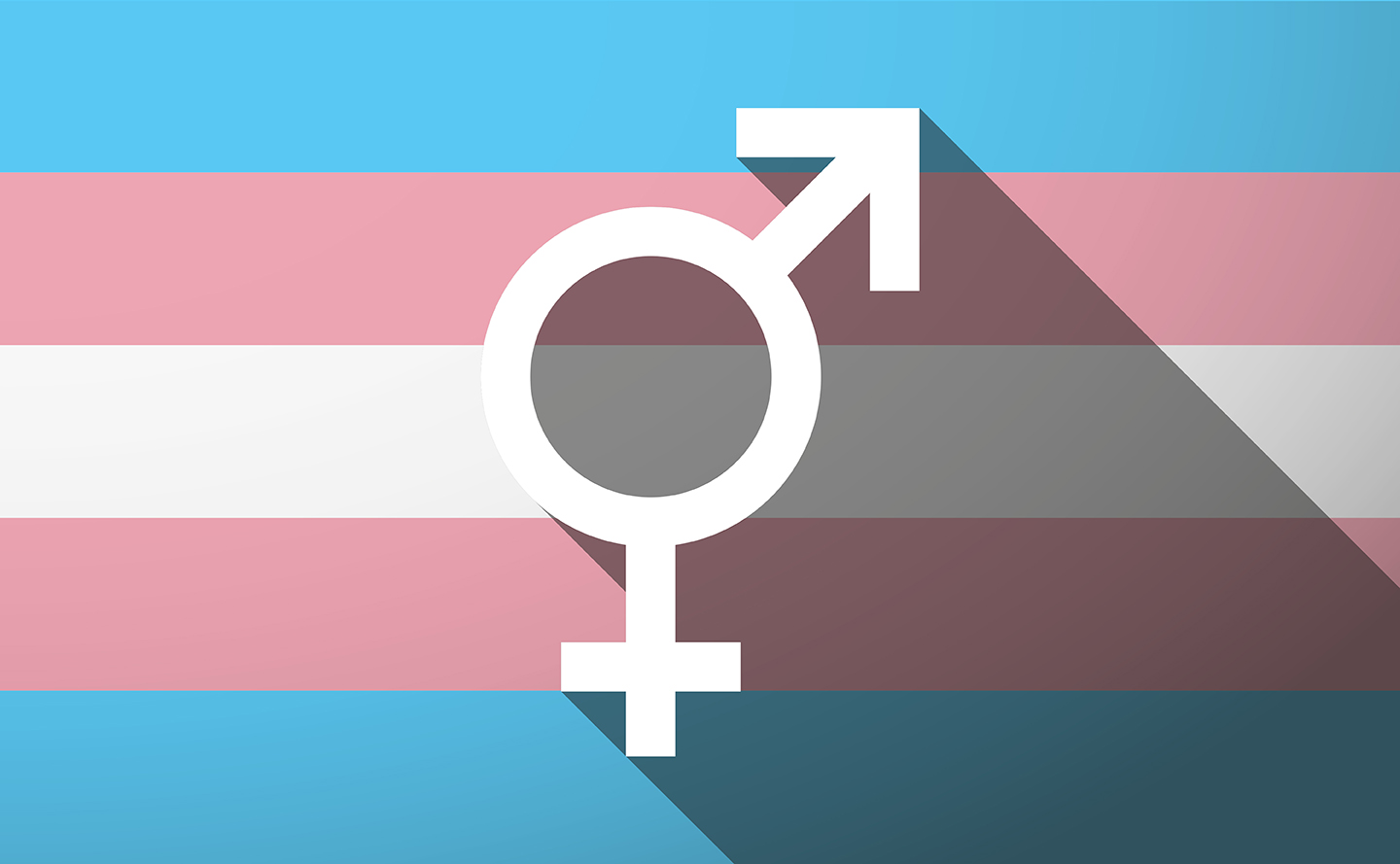For transgender individuals, each step in the transitional process brings the person closer to the goal of having an outward appearance match their inner identity. For some, this can feel like a struggle with every word spoken.
Illinois State University’s Eckelmann-Taylor Speech and Hearing Clinic is working to help those in the process of adopting a different outward gender to develop voice patterns that match. “If a person’s voice doesn’t correspond with their visual presentation, some people take issue with that and treat the person in a variety of inappropriate ways,” said Clinical Educator Tricia Larkin, who is assisting in setting up the transgender clinic in the Department of Communication Sciences and Disorders. “The hope is to achieve that correspondence between identity and voice so people can feel safe, both emotionally and physically.”
One of the first tasks of the clinic is to challenge assumptions of clients. “They tend to come here thinking that we are going to work on pitch, so they’re trying to speak in these really high voices. It’s not a feminine voice. It’s just high,” said Larkin, referring to clients working to feminize their voices. “Instead, we start them working on resonance, or shifting that voice away from the chest and into the head.”
Clients begin by working to relax muscles. “Tightness can inhibit the ability to use anatomy and physiology in a productive way,” noted Larkin, placing a hand on her chest and speaking in a lower tone. “Resonance is an actual physical feature of voice production.” As she spoke, her voice quality changed and became lighter. “I pulled the sound from my chest to my head and sinuses. I didn’t change my pitch, just moved my point of resonance. This allows the voice to have a more feminine quality throughout a range of pitches.”
Change of voice goes beyond pitch, noted Assistant Professor of Communication Sciences Lisa Vinney, who helped spearhead the clinic. “While males have a lower vocal pitch than females, there are other facets of communication that may be viewed as more masculine or feminine,” said Vinney. “Therapy may also work on developing these other aspects of communication to help a client achieve congruence with their identity.” She pointed to areas such as the precision with which words are articulated, the amount of nonverbal—or gestures—used during communication exchanges, the rate of speech, and the type and amount of expressive language used. “Each element may present differently across genders.”
Before coming to the clinic, some clients tried to alter their voice on their own. A self-taught approach can have dangers, warned Vinney. “Clients may end up having voice problems as a result. Our Speech and Hearing Clinic helps clients find a voice that reflects their true identity in a way that will be sustainable for years to come.”
The brainchild of 2017 alumna Carly Clark, the transgender clinic took more than a year to develop. Clark chose the topic of a transgender voice for a cultural diversity class. “After the presentation, the entire class and professor felt like we were completely missing this group of individuals who would benefit from speech and language services,” said Clark, who now works with Huntley School District in Algonquin, Illinois. Clark collaborated with Vinney to create a handbook for both potential clients and student-clinicians, which evolved into the clinic with the help of staff, students, and faculty.
Larkin noted all those working with the clinic understood that new procedures needed to be developed to serve clients. “It can be something as simple as calling a name in the waiting room,” she said. “We used to call names of clients, but this person is in transition. So now we say, ‘Who is waiting for Robyn?’ It’s not a major change, but it gives the client a feeling of safety.” Learn more about how practitioners developed the transgender clinic.
The clinic is open to any individual in the area, not just students. Larkin hopes it provides an easier transition for many. “Clients are seeking congruence between their voice and their identity for mental health,” she said. “They just want who they are on the inside to be reflected for others to see on the outside.”
Appointments can be scheduled through the Eckelmann-Taylor Speech and Hearing Clinic.

